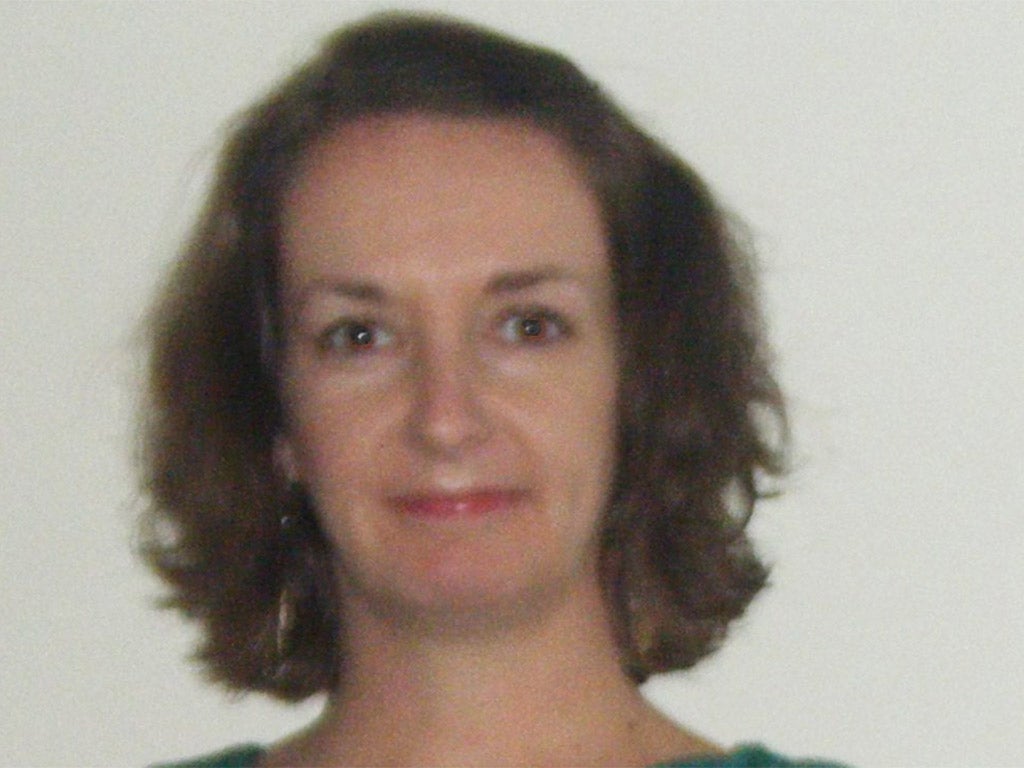Ebola in UK: Infected nurse's diary reveals sadness and stress of treating sick patients
Pauline Cafferkey admitted that some of the heartbreaking scenes she witnessed made her feel 'awful'

Your support helps us to tell the story
From reproductive rights to climate change to Big Tech, The Independent is on the ground when the story is developing. Whether it's investigating the financials of Elon Musk's pro-Trump PAC or producing our latest documentary, 'The A Word', which shines a light on the American women fighting for reproductive rights, we know how important it is to parse out the facts from the messaging.
At such a critical moment in US history, we need reporters on the ground. Your donation allows us to keep sending journalists to speak to both sides of the story.
The Independent is trusted by Americans across the entire political spectrum. And unlike many other quality news outlets, we choose not to lock Americans out of our reporting and analysis with paywalls. We believe quality journalism should be available to everyone, paid for by those who can afford it.
Your support makes all the difference.Before she left for Sierra Leone to work on the front line of the fight against Ebola, Pauline Cafferkey admitted to having “a certain element of fear” about the task. But the dangerous nature of her job did not deter her from her work, which she said later became “all-consuming” and even haunted her dreams.
The 39-year-old public health nurse from Glasgow kept a diary of her time in West Africa, which was published by the Scotland on Sunday newspaper shortly before she became ill.
Although she had been a nurse for 16 years, she admitted that some of the heartbreaking scenes she witnessed made her feel “awful”.
She said she and the rest of the 30 NHS volunteers were housed in “a wee shack on the beach” which had electricity for only a few hours during the night. “This is basic stuff but I’m not here for a holiday,” she wrote. “Being coastal we are very fortunate to get to walk along a beautiful beach every day to get to the hotel that serves our food.”
After a week of work, she became accustomed to donning the “alien-type suit” that allows her to treat the Ebola patients safely. “It takes about 20 minutes to dress and 15 minutes to take the suit off at the other end,” she wrote. “They would certainly be beneficial on a cold winter’s night in Scotland but working in them in 30-degree heat is uncomfortable to say the least.”
She continued: “I feel sorry for the poor patients who have these alien-type people caring for them. Especially so for the young children, who are not only very sick but have these strange creatures with only their eyes visible trying to make them drink and take medications.”
By the end of her third week she had witnessed at first hand the tragedy that Ebola can bring to families. In one moving entry, she described her sadness at treating a young boy who lost his mother, before finding out he had also lost his father and sister.
“I tried to console him, and he said he has a sister who also came to the treatment centre with him and his mother, but he did not know where she was,” she wrote. “A young girl had died that morning. I could not be 100 per cent sure that it was his sister, so I wasn’t able to offer him any news.
“[Later] I checked the notes and confirmed that the girl who died that morning was his sister. His mother had seen her daughter die in the bed across from her that morning and she died a few hours later…”
In her final entry, she reflects on how distant Christmas feels in Sierra Leone in the wake of a government ban on any public gatherings. “The Sierra Leoneans are normally very tactile people who, prior to Ebola, would hug and shake hands as a normal greeting and now have to change their culture,” she wrote.
Join our commenting forum
Join thought-provoking conversations, follow other Independent readers and see their replies
Comments